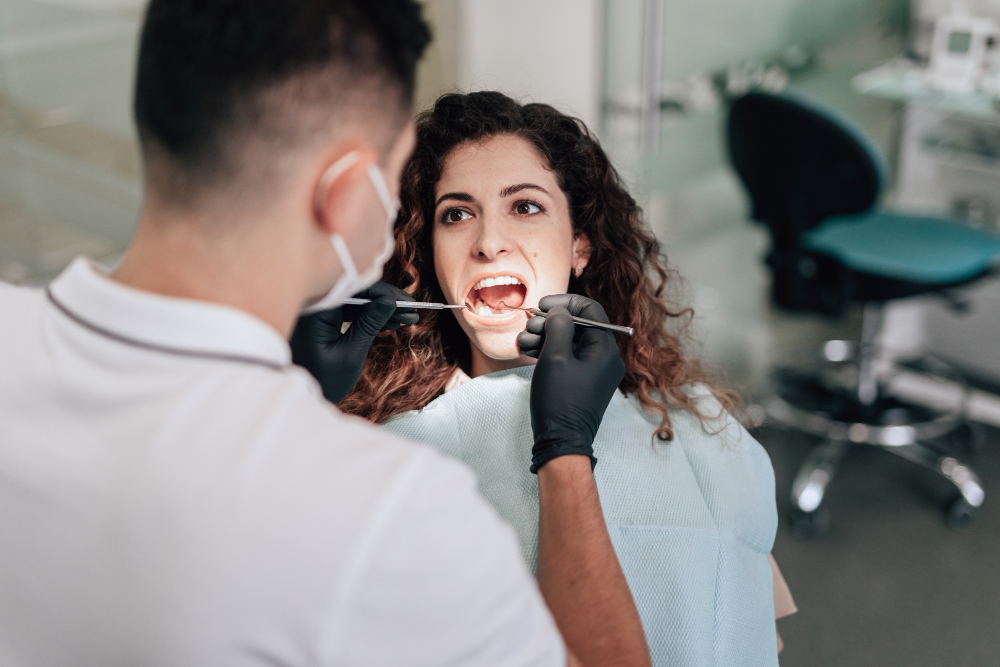The Role of Preventive Dentistry
May 05 , 2024
Preventive dentistry plays a vital role in maintaining good oral health and overall well-being. This approach focuses on the prevention of dental problems before they occur, rather than treating them after they have developed. By prioritizing preventive measures, individuals can save time, money, and avoid the discomfort associated with dental treatments. Let's delve into the various aspects of preventive dentistry and understand why it is crucial for a healthy smile.
What is Preventive Dentistry?
Preventive dentistry encompasses a range of practices aimed at keeping teeth and gums healthy. It involves routine dental check-ups, cleanings, and education on proper oral hygiene habits. The primary goal is to prevent the onset of dental issues such as cavities, gum disease, enamel wear, and more.
Key Components of Preventive Dentistry
Regular Dental Check-Ups: Regular visits to the dentist are the cornerstone of preventive dentistry. Dentists can detect early signs of problems like cavities, gum disease, and oral cancer during these check-ups. Early detection allows for timely intervention, which can prevent more severe issues down the line.
Professional Cleanings: Even with diligent brushing and flossing, plaque and tartar can build up in hard-to-reach areas. Professional cleanings by a dental hygienist remove these deposits, reducing the risk of cavities and gum disease. Cleanings also help to maintain a bright, polished smile.
Sealants: Dental sealants are thin, protective coatings applied to the chewing surfaces of back teeth. They act as a barrier against food particles and bacteria, significantly reducing the risk of cavities in these vulnerable areas. Sealants are especially beneficial for children but can be useful for adults as well.
Fluoride Treatments: Fluoride is a mineral that strengthens tooth enamel and makes it more resistant to decay. Fluoride treatments, which can be applied as gels, varnishes, or foams, provide an extra layer of protection against cavities. These treatments are particularly important for individuals with a higher risk of dental decay.
Education and Counseling: Educating patients about proper oral hygiene practices is a fundamental aspect of preventive dentistry. Dentists and hygienists provide guidance on effective brushing and flossing techniques, the importance of a balanced diet, and habits to avoid, such as smoking and excessive sugar consumption.
The Importance of Early Detection
Early detection of dental issues is crucial for maintaining oral health. During routine check-ups, dentists can identify potential problems before they become serious. For instance, a small cavity can be treated with a simple filling, but if left untreated, it could develop into a more complex issue requiring a root canal or extraction. Similarly, early-stage gum disease can be managed with non-invasive treatments, while advanced cases may require surgical intervention.
Preventive dentistry is an investment in long-term oral health. By adhering to a regular schedule of dental check-ups, professional cleanings, and preventive treatments like sealants and fluoride applications, individuals can significantly reduce the risk of dental problems. Additionally, maintaining good oral hygiene habits at home and making informed lifestyle choices contribute to the effectiveness of preventive dentistry. Remember, a healthy smile is not only aesthetically pleasing but also a reflection of overall health.









